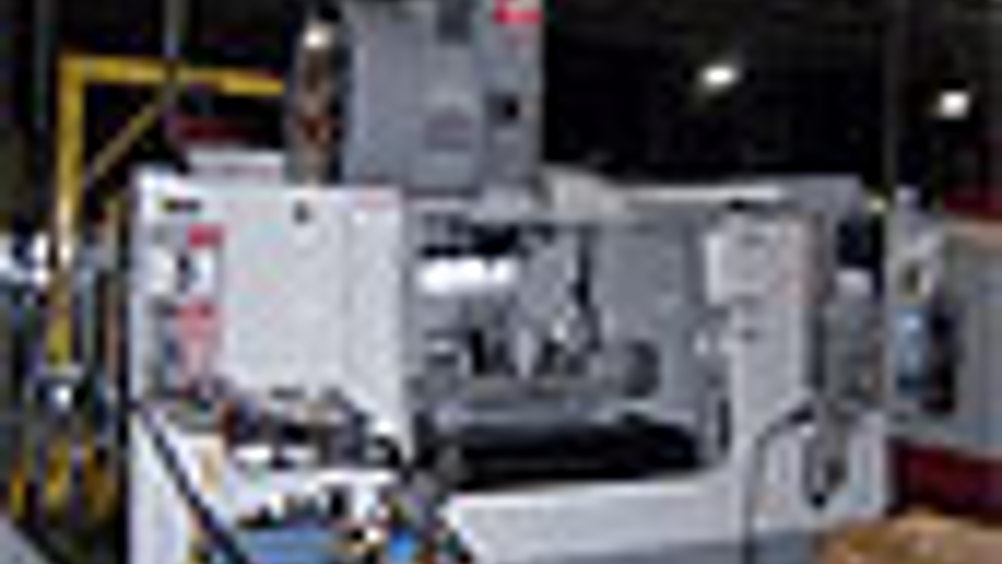Flexible friends
Innovation is leading to a new generation of machine tools claimed to deliver higher performance and productivity at a price designed to ensure a competitive edge. Martin Oakham reports.

Automation once had a limited role in the machine tool building industry, but now manufacturers are relying on robots for much more than loading and unloading machines.
Companies are beginning to use automated assembly technologies for everything from mass production to made-to-order equipment.
Automated pallet changing systems, tool change systems and bar feeders are helping the production of batches ranging from tens to tens of thousands. Machine tool builders are also including testing, finishing, marking, assembly and other secondary operations within the basic machining unit for a wide range of production volumes.
At the same time, manufacturers are beginning to offer machines that are more versatile, compact, ergonomic and accurate — with better access and a much higher amount of visibility of the work area.
HPM 800U, for example, represents a new concept in 5-axis high performance machining (HPM). The 800U is equipped with rotary direct-drive technology as opposed to standard drives, which is an industry first for HPM machines. This, coupled with the machine's Steptec direct-drive and in-line spindle technology and rigid polymer concrete construction — which lessens the effects of heat and vibration by a factor of 10 over cast iron — gives users greater flexibility and machining performance.
Register now to continue reading
Thanks for visiting The Engineer. You’ve now reached your monthly limit of news stories. Register for free to unlock unlimited access to all of our news coverage, as well as premium content including opinion, in-depth features and special reports.
Benefits of registering
-
In-depth insights and coverage of key emerging trends
-
Unrestricted access to special reports throughout the year
-
Daily technology news delivered straight to your inbox










Water Sector Talent Exodus Could Cripple The Sector
Maybe if things are essential for the running of a country and we want to pay a fair price we should be running these utilities on a not for profit...